![]() Apple launched an interesting “Principles and Practices” page on their site today that reads like a defense of their oft-seemingly unfair App Store practices. And considering the Supreme Court’s recent ruling that now allows plaintiffs to sue under antitrust laws, it’s hard to not assume Apple is wanting to plead their case in the court of public opinion – perhaps ahead of next week’s WWDC19. As the acronym implies, there may be a few a developers in attendance.
Apple launched an interesting “Principles and Practices” page on their site today that reads like a defense of their oft-seemingly unfair App Store practices. And considering the Supreme Court’s recent ruling that now allows plaintiffs to sue under antitrust laws, it’s hard to not assume Apple is wanting to plead their case in the court of public opinion – perhaps ahead of next week’s WWDC19. As the acronym implies, there may be a few a developers in attendance.
Dedicated to the best store experience for everyone.
That’s the headline. And whether consumers and developers believe this to be true or not, the App Store is still the only place where users are able to download apps for their iOS devices. Apple lays out several reasons as to why the App Store is what it is (exclusive) and operates how it does (exclusively).
- They take responsibility for the App Store by covering “safety, performance, business, design, and legal.”
- They give developers a platform that makes it “easy and compelling for developers to develop apps for the one billion App Store customers around the world.”
- The App Store is one that welcomes competition because they “believe competition makes everything better and results in the best apps for (their) customers.”
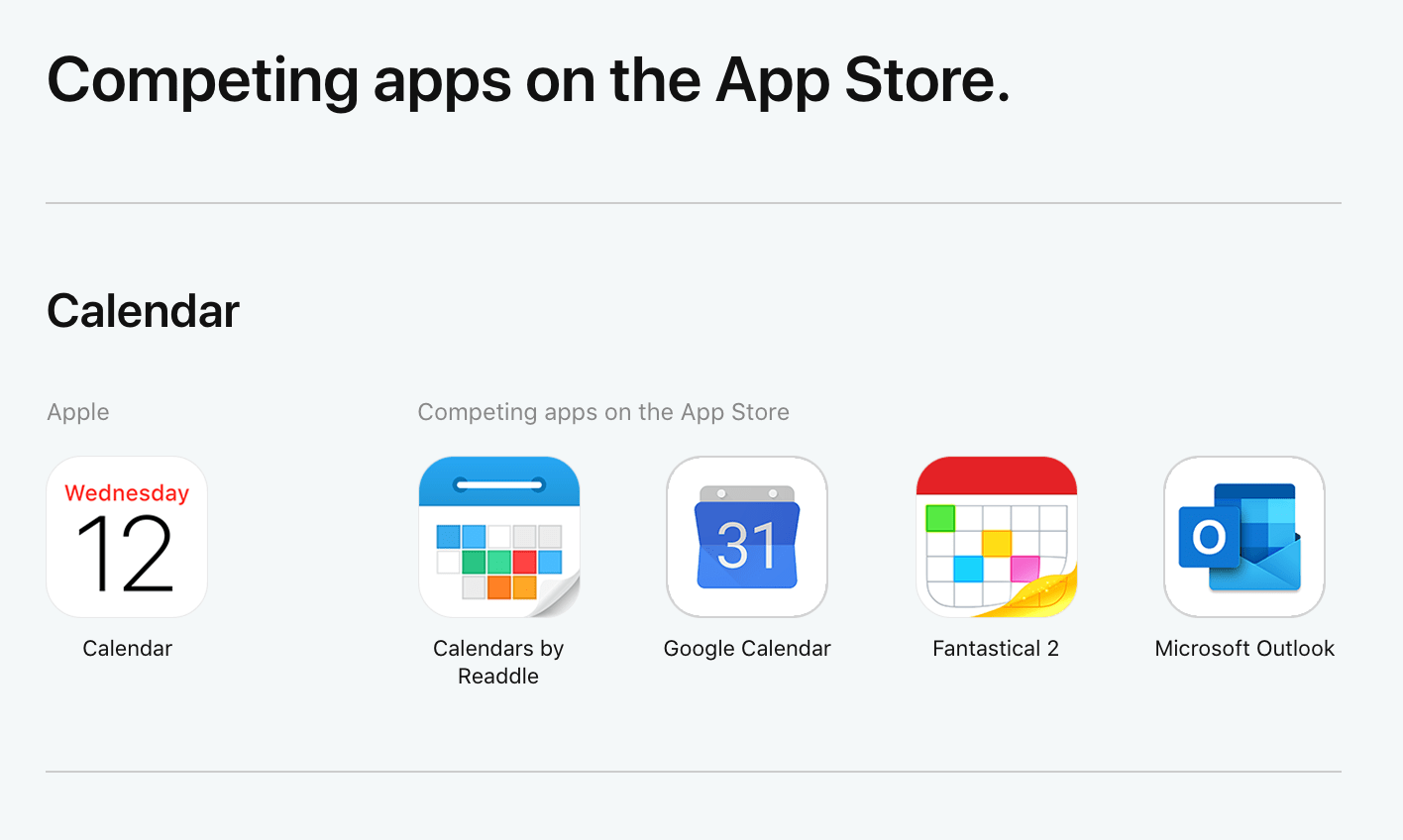
This final point starts to sound a bit self-exonerating. They go through the trouble of pointing out 12 native apps that apparently have plenty of competition in the App Store, but they don’t give any indication as to how well the alternatives do in comparison. Now granted, they are singling out a dozen free, pre-loaded Apple apps such as Calendar, Mail, and Maps, so they won’t have download or revenue statistics to share. But considering there are over 1 billion active Apple devices, it’s doubtful there is much “competing” to be had. At least when it comes to plain old everyday usage.
Apple is wanting to make it very clear that they are committed to competition. And even though the 30% cut they take from developers is mentioned, they are still quick to highlight the claim that “84% of apps are free, and developers pay nothing to Apple.” However, they don’t state what percentage of the 84% never generate revenue with in-app purchases or subscriptions.
The article ends with one final thought. “We’re always learning, and trying to make the App Store experience better for customers and developers by offering the best apps. And this commitment has never wavered.” Though it almost sounds like an admission or an apology, the argument to be made is that this can only happen if Apple is in control.
Trust vs. Antitrust
One thing that interestingly jumped out was that the word “trust” is mentioned five times in this relatively short post. Twice at the beginning and three times at the end. It’s a strategic trick that writers use all the time – plant the seed at the outset and reinforce it at the very end so it is the last thing remembered and first thing associated with the content. Perhaps Apple is hoping that trust will trump antitrust?
If you choose to give it a read, let us know what you think!
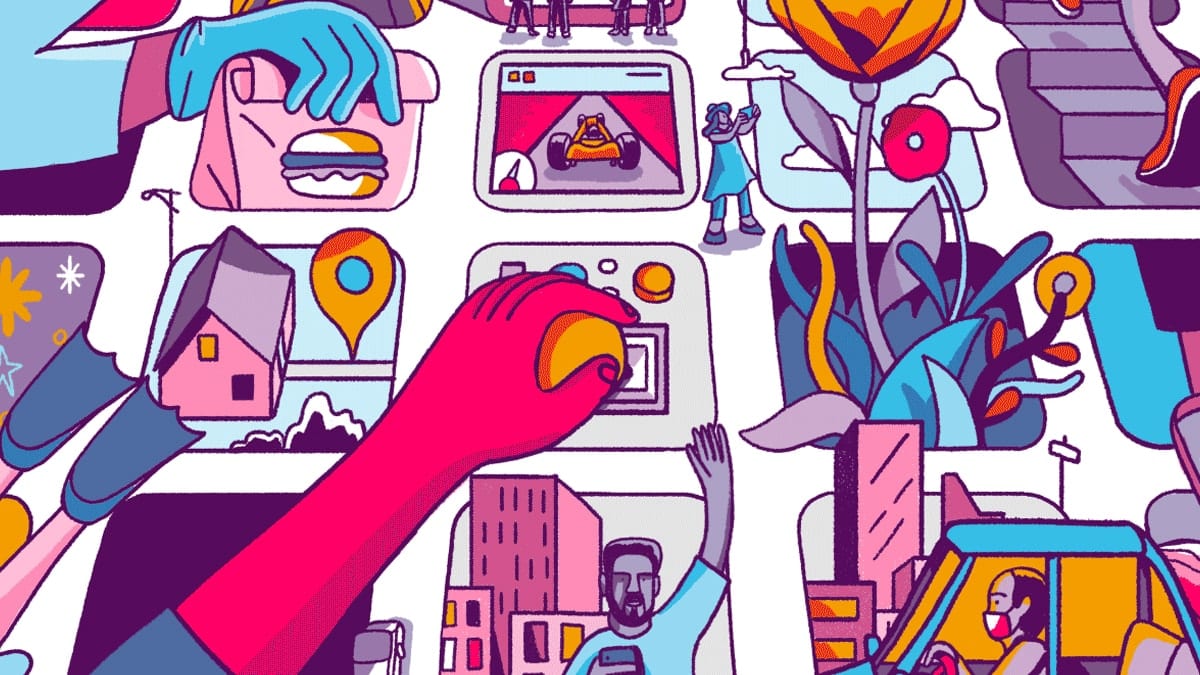

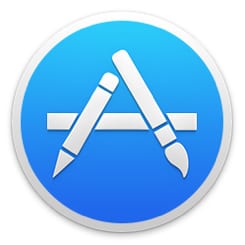

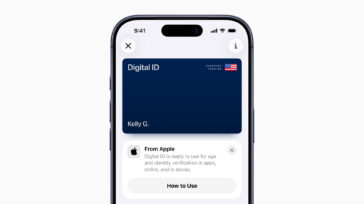


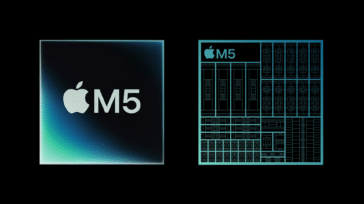


John & Billy’s comments were spot on.
If competition is good, allow competition to the App Store.
I am an Apple customer in that I purchased one or more Apple hardware products.
The product by design is a product that needs 3rd party software to meet the individuals needs.
For Apple to control customer access to programmes, to force Apple developers to deal in a uncompetitive market place is NOT in anyone’s best interest except Apple.
In my humble estimation I believe they are stealing customer and developers rights.
Theft is not good.
Theft should not be rewarded
Theft should not be ignored.
Human rights should come first over corporate greed. Sadly corporate greed seems to come first in the hallways at Apple.
May US legislators and Corporate Governance follow EU examples of starting to look after the right of the many.
When the rich and powerful took from the poor in France it started a revolution.
That revolution took off their heads.
A company that is powerful must never forget their customers and that means listening and giving back what they have taken.
Give us back the freedom to choose.
It our right.
I don’t have issues with the app store, other than the fact that the search engine stinks. The main thing I want from the app store, is a process from Apple that vets apps so that they use secure coding practices, and assures that apps don’t send my personal data off to corporate or government databases.
If Apple provides that, I don’t give a rat’s a*s about an antitrust suit.
From the post:
1. They take responsibility for the App Store by covering “safety, performance, business, design, and legal.”
>>> They could do that even if they were not exclusive.
2. They give developers a platform that makes it “easy and compelling for developers to develop apps for the one billion App Store customers around the world.”
>>> They could do that even if they were not exclusive. Well, it wouldn’t be “compelling”, because developers would have a choice: they wouldn’t be “compelled” to distribute through the App Store.
3. The App Store is one that welcomes competition because they “believe competition makes everything better and results in the best apps for (their) customers.”
>>> If they believe “competition makes everything better”, why don’t they allow competitors to the App Store?
I really do not like the app store. When Apple updates its own programs, prior versions then disappear. It’s also a rather buggy tool. I am eternally grateful for those who distribute their programs normally, so I can archive copies of them.